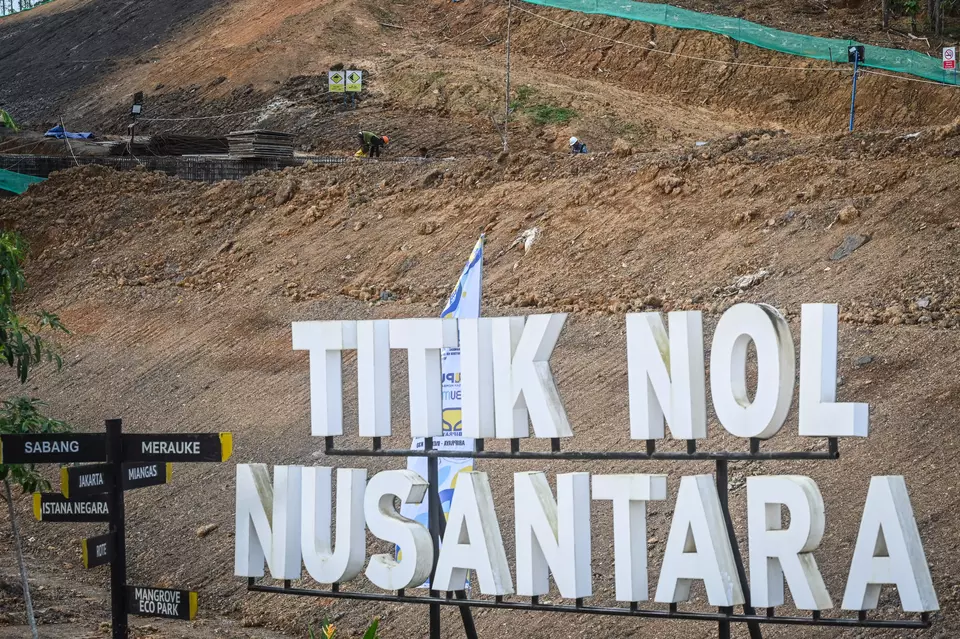Jakarta. Transportation Minister Budi Karya Sumadi has announced that Indonesia’s new capital, Nusantara, will lead the way in smart transportation, particularly focusing on electric vehicles (EVs). The objective is to ensure that all vehicles within and around the city are electric.
“EVs will be mandatory for travel to and from the city and within the city,” said Budi during the opening of the 19th Intelligent Transport System (ITS) Asia Pacific Forum 2024 in Jakarta on Tuesday.
Budi emphasized that electric vehicles will be fully integrated into Nusantara, with both government and private sectors preparing various EV facilities for public use.
He explained that there will be commercial electric vehicles as well as those available for leasing or short-term use. The government will collaborate with several private companies to provide and promote the use of electric vehicles in Nusantara.
Budi hoped that through government-private sector collaboration, the vision of Nusantara as a pioneer smart transportation city in Indonesia could be realized swiftly.
“I emphasize here that EVs will not only be provided by the government. The private sector will also contribute, either through CSR (corporate social responsibility) initiatives or commercially,” he said.
The Minister added that electric vehicle trials in Nusantara will begin in August 2024. Following the trials, the government plans to expand EV facilities and services in Nusantara gradually.
Autonomous Rail Transit Trials Set for August 2024
Budi also announced that trials for the Autonomous Rail Transit (ART) project in Nusantara are scheduled to commence in August 2024.
He noted that the ART project has not yet been funded by the State Budget (APBN). Additionally, the Minister could not confirm when the ART project would be commercialized.
Budi added that the ART system will be imported from China. Despite the term “rail” in its name, ART does not use traditional rails. Instead, ART vehicles operate on existing roadways, guided by virtual tracks mapped using GPS and other positioning technologies. This trackless design significantly reduces the infrastructure costs associated with laying and maintaining tracks.
ART systems are typically powered by electricity, making them environmentally friendly alternatives to traditional diesel-powered buses and trains. The electric propulsion system contributes to reduced emissions and lower operating costs.
Financial Overview of Nusantara Development
As of April 30, the government has spent Rp 4.8 trillion (approximately $298.3 million) on the construction of Nusantara, according to Finance Minister Sri Mulyani.
The government plans to spend no more than Rp 36.5 trillion on the city’s infrastructure works. By late April, the infrastructure cluster had consumed about Rp 2.8 trillion. Some of these funds have been allocated to building the state palace complex and the VVIP airport.
Indonesia is racing against time to build Nusantara, as President Joko “Jokowi” Widodo plans to start working from the new capital this July. Jokowi also aims to celebrate Indonesia’s Independence Day on August 17 in the yet-to-be-completed capital.


